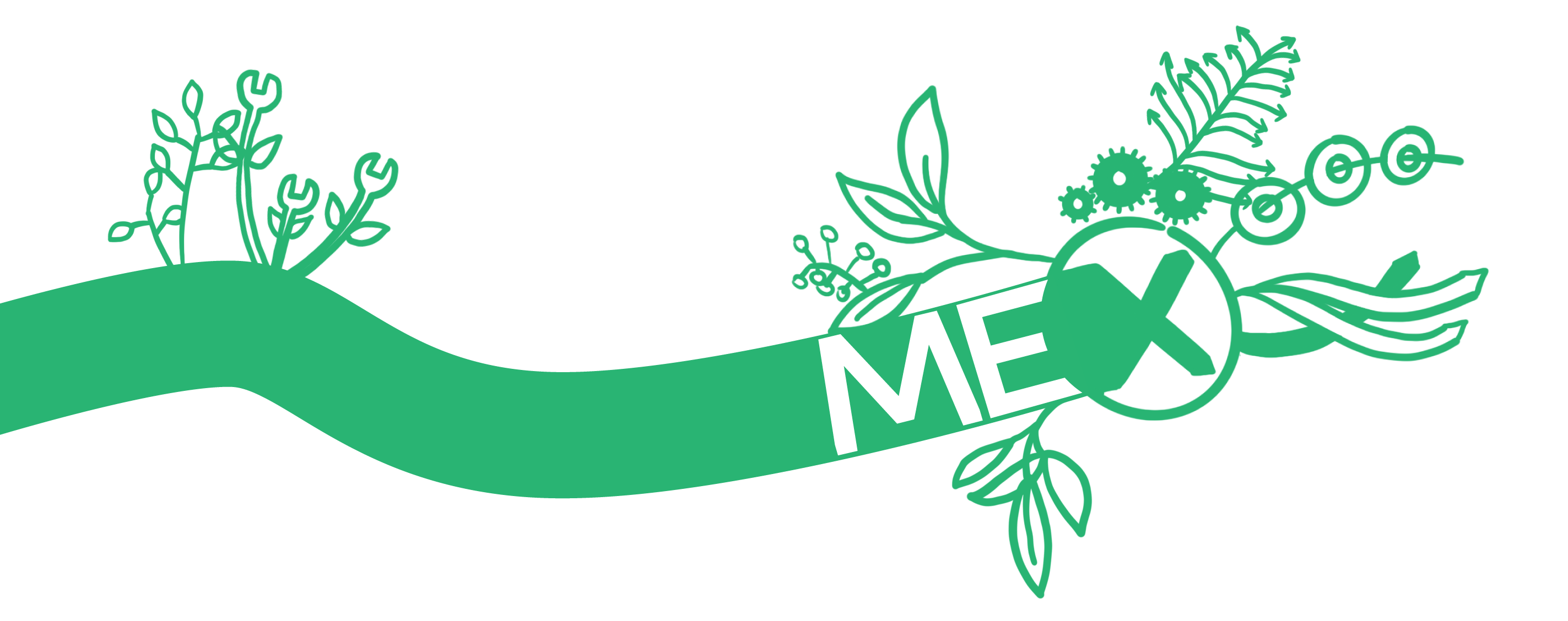19 May 2022
Annual General Meeting and 3rd anniversary of the MEX Finland ecosystem
MEX Finland members and partners assembled at the Glo Hotel on May 6th, 2022 to meet in person for the first time since the pandemic to celebrate the association’s 3rd anniversary.
As guest speakers for the afternoon, we had the honor of hosting Matti Alahuhta, Chair of the board of Devco Partners and board member of KONE and AB Volvo, and Professor Juha-Matti Lehtonen of the National Defense University. Our MEX Members and partners Christian Sundman of Wärtsilä, Ilari Kinnunen of Sacometal, Johan Wallin of Synocus, as well as Toni Mattila of Business Finland completed the list of contributors for the program. Juha Päivike, the newly re-elected Chair of MEX Finland, welcomed all and moderated throughout the event.
Matti Alahuhta shared his expertise in leadership with us. Among the cornerstones of leadership is the building of trust, an important factor in building any relationship, be it within the company or between company and clients or partners. Trust also plays a big role in building and maintaining a good company culture that carries the company values and mission and ideally provides every team member with clear goals and directions. Company culture needs constant curation and activation. Personnel education to complete needed capabilities should complement the person’s strengths and interests by finding the right balance between skill and challenge. When shifting our view towards remote work, Alahuhta stressed the importance of transferring the company culture and team culture through different media. For remote leadership, this means a focus on communication and support of individual workers as well as strengthening teams. For many, self-guiding work and responsibility have increased during remote work and, with this, a need for more awareness of the risks of overwork. Remote work will be here to stay after the pandemic, and we will see to what level remote leadership will develop.
Professor Juha-Matti Lehtonen talked about building resilience into manufacturing. For companies and industry, resilience is mostly related to supply chain disruptions in form of demand changes, interruptions in the logistic chain, changes in the business environment, or problems related to the manufacturers’ own actions. Minimizing and recovering from a disturbance can be costly because emergency stockpiling or having a capacity surplus is not feasible for many companies. General guidelines include the reduction of dependencies, ensuring the repairability of essential parts, and a direct and transparent flow of information. Developing a risk management culture inside the company as well as within the network of partners can support a quick recovery after disruptions. At present, there are an exceptional number of disruptions, the Covid 19 related changes to the supply chains, the war in Europe, and the implications of the sanctions as well as geopolitical polarizations. Juha-Matti Lehtonen concluded with the thought that it may not be advisable for a company to protect itself from operational disruption if this is not profitable. The company’s leadership and response (e.g., accurate situational observations and increased cooperation) are emphasized compared to a national-level preparedness.
MEX Finland’s project portfolio for 2022 includes the continuation of the OSME project as well as three new projects in development, Resilient Materials (REMA), Resilient and Sustainable Material Flows in Europe (RESUME), and ‘Teollisen resilienssin yhteistyömallit’ (TRY, Industrial resilience collaboration models).
Christian Sundman of Wärtsilä spoke about the OSME Process and ‘Leading the OSME Way’ by bringing up OSME matters in panel discussions, talks, news, and producing tangible results for partners in day-to-day operations. OSME will also connect with a new level of expertise through the Strategic Management Society conference in Milano this year.
Ilari Kinnunen of Sacometal introduced once again the Resilient Materials (REMA) project. At the moment, a growing number of metals face three challenges: standardized alloys with wide variations; therefore, their durability and serviceability are seldom optimized; Commonly used alloys often contain harmful substances, such as lead and nickel; alloying elements, such as tin and bismuth, carry a strategic sourcing risk since the primary raw materials are produced in geopolitically unstable locations or with unethical mining methods. As a bronze alloying specialist, Sacometal is seeking project collaborators to test new function-based alloys.
Johan Wallin outlined the RESUME project that was developed together with Vaasa University’s Prof. Petri Helo. The core idea of this project is to identify and strengthen the critical characteristics of adaptive supply chains to secure industrial resilience and pursue an ethical, digitalized, green transformation.
Concluding words were shared by Toni Mattila, Head of Sustainable Manufacturing at Business Finland, who emphasized the role of MEX Finland in renewing the manufacturing industry. He also gave us a brief introduction to the Sustainable Manufacturing program and its benefits to companies. Within the program, resilience is an even more important topic than it was two years ago. Business Finland has also published a recipe book for SMEs guiding them on how to build resilience for sustainable manufacturing.
